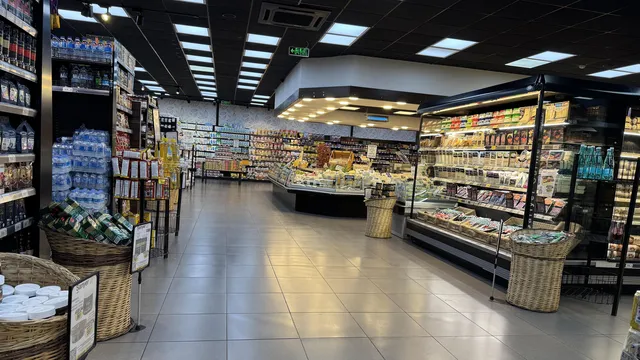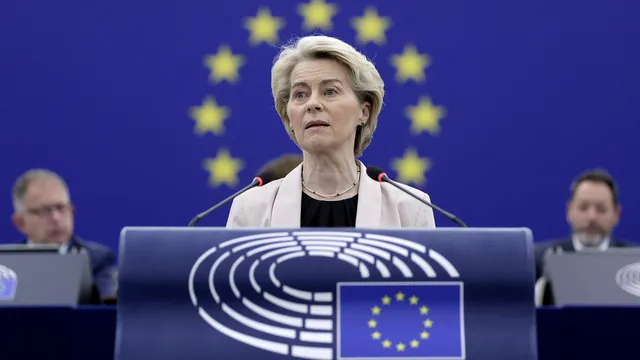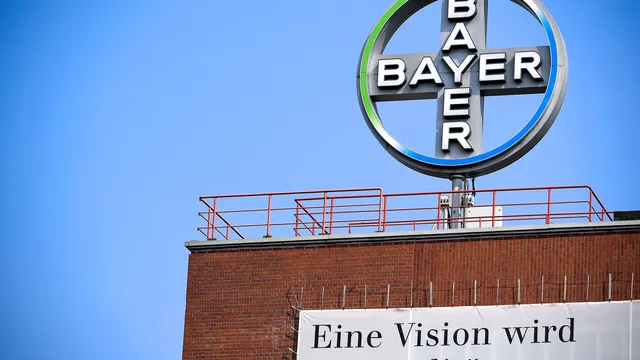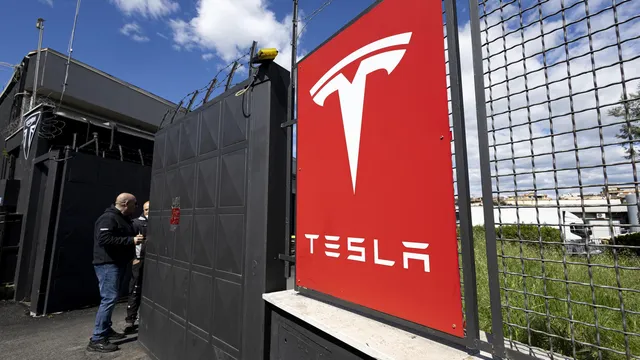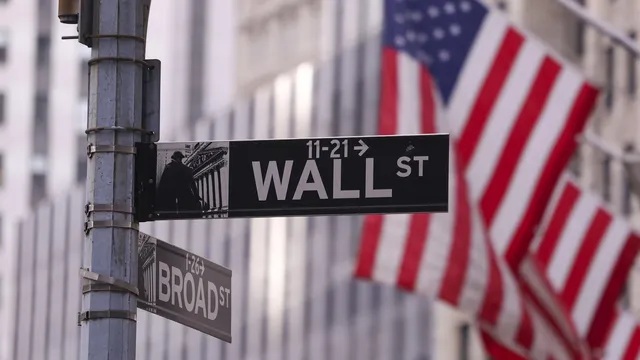Turkey's government has condemned opposition calls for a mass trade boycott following the arrest of Istanbul Mayor Ekrem Imamoglu, which sparked protests across the country. The government described the boycott as "an attempt at economic sabotage".
After Imamoglu was detained two weeks ago, the main opposition People's Republican Party (CHP) called for a boycott of goods and services from companies allegedly linked to President Recep Erdogan's government. On 2 April, this call expanded to include stopping all purchases for a day, prompting some shops to close in solidarity with those who criticised the arrest as an anti-democratic attempt to damage the opposition's electoral prospects.
Imamoglu is Erdogan's main political rival and the CHP's presidential candidate in possible future elections.
Trade Minister Omer Bolat said the boycott calls posed a threat to economic stability and accused their supporters of trying to undermine the government.
"They are an attempt to sabotage the economy and include elements of unfair trade and competition. We see this as a futile attempt by circles that consider themselves masters of this country," Bolat said in an interview with TRT.
"I want to appeal to our citizens. If you have shopping plans for today, tomorrow, day after tomorrow or in the coming days, we strongly encourage you to shop and do your business today," the minister said.
Several cabinet ministers and pro-government celebrities, including former Germany and Real Madrid footballer Mesut Ozil, used the hashtag #BoycottDegilMilliZarar ("Not boycott, but national damage") to highlight their position. The calls were spearheaded by CHP chairman Özgür Özel, who encouraged the street protests, which have grown to be Turkey's largest in more than a decade. Erdogan called the protests "evil" and said they would not last long.
In Istanbul and Ankara, usually bustling cafes were dotted with empty tables, and several shops reported a significant drop in customers.
Turkey's economy has been hit by a years-long cost-of-living crisis and a series of currency collapses, with growth slowing and inflation still high at 39% in February. On 1 April, prosecutors launched an investigation into those promoting calls for a boycott on social and traditional media.
Istanbul's prosecutor general's office said it was investigating calls allegedly aimed at preventing a section of society from engaging in economic activity, citing possible violations of laws against hate speech and inciting public hostility. | BGNES

 Breaking news
Breaking news
 Europe
Europe
 Bulgaria
Bulgaria
